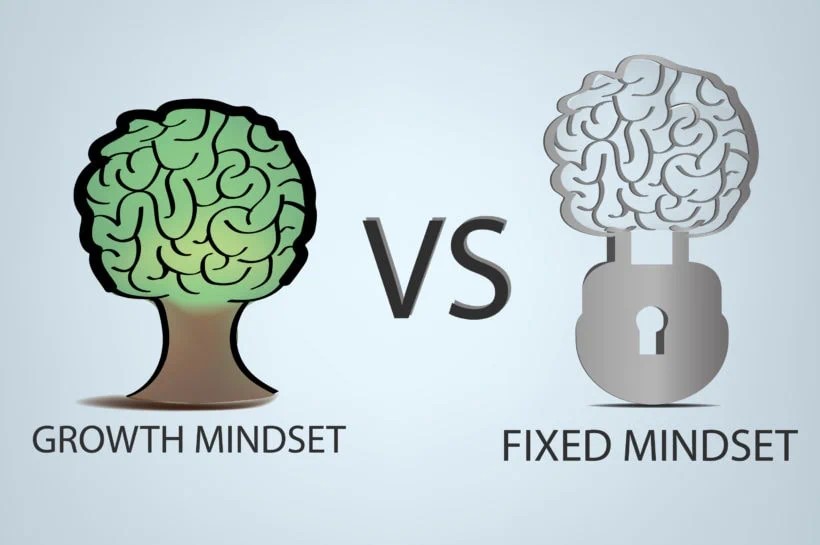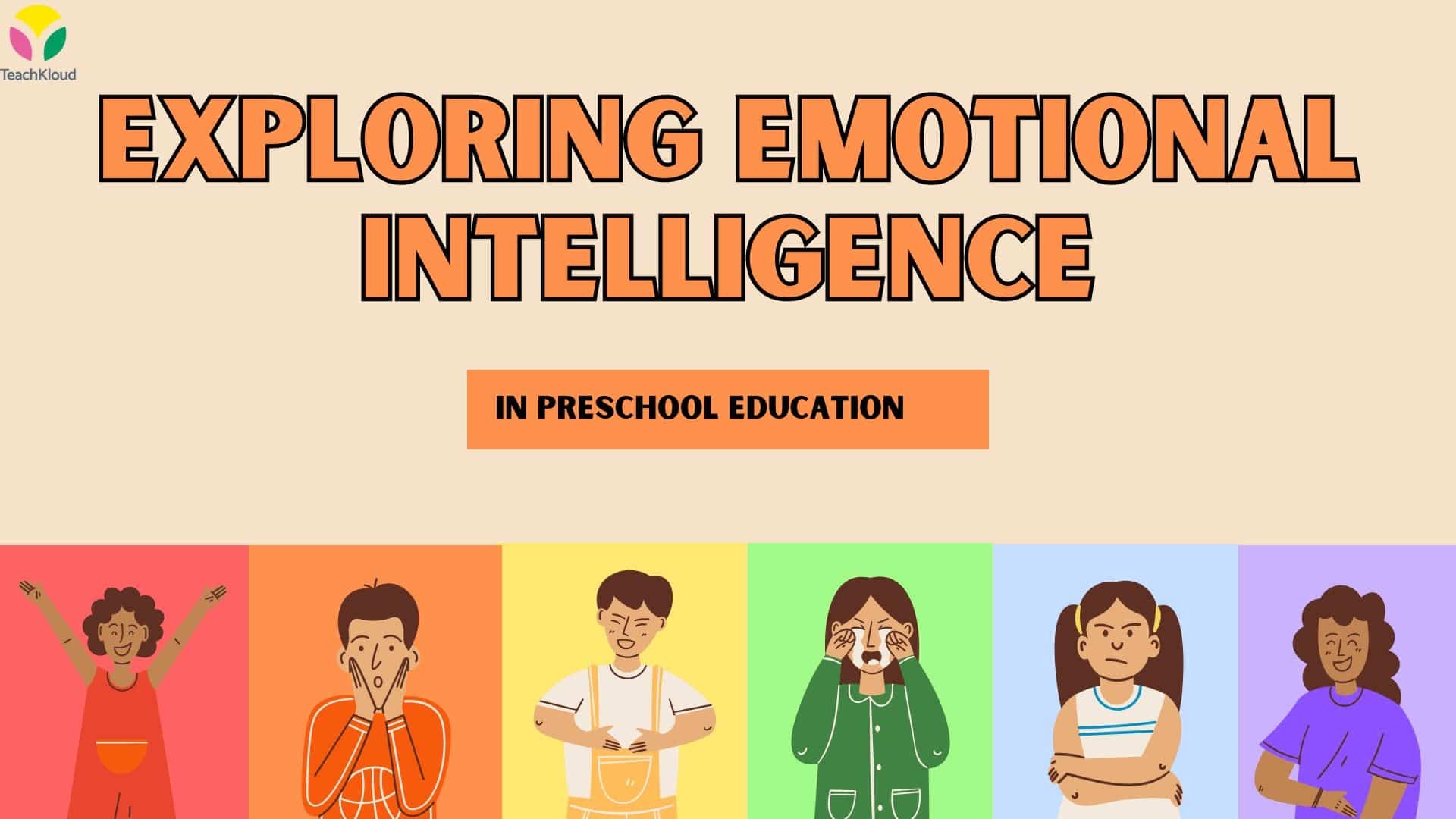In the contemporary discourse surrounding success, particularly in academic settings, a great deal of attention is often paid to innate talent, intellectual prowess, and even access to superior resources. While these factors undoubtedly play a role, a growing body of research, notably championed by psychologist Angela Duckworth, points to another, arguably more crucial, predictor of achievement: grit. Far from being a mere synonym for perseverance or resilience, grit encompasses a unique blend of passion and sustained perseverance toward long-term goals. Understanding the profound role of grit in academic success shifts the focus from inherent ability to cultivated character, offering a compelling narrative for students, educators, and parents alike.
At its core, grit is about having stamina. It’s about sticking with your future, day in, day out, not just for the week, not just for the month, but for years, and working really hard to make that future a reality. It is the unwavering commitment to a singular, challenging goal over extended periods, even in the face of setbacks, failures, and tedium. In the academic context, this translates into a student’s capacity to remain dedicated to complex subjects, persist through difficult assignments, and continue striving for mastery even when initial attempts yield frustration rather than immediate success. It’s the student who, despite scoring poorly on an initial math test, doesn’t give up but instead dedicates extra hours to practice problems, seeks help from teachers, and revisits fundamental concepts until understanding clicks. This tenacious pursuit, fueled by an underlying passion for learning, is a hallmark of gritty individuals.
One of the most significant ways grit contributes to academic success is by fostering a growth mindset. Students with grit inherently understand that intelligence and ability are not fixed traits but can be developed through effort and deliberate practice. When confronted with a challenging problem or a complex theory, they don’t see it as a barrier that exposes their limitations. Instead, they view it as an opportunity to stretch their intellectual capacities, to deepen their understanding, and to grow. This stands in stark contrast to a fixed mindset, where failures are internalized as proof of inadequacy, leading to disengagement and premature surrender. The gritty student, equipped with a growth mindset, approaches academic hurdles with a sense of optimism and a belief in their own capacity for improvement, transforming potential setbacks into valuable learning experiences.
Furthermore, grit enables students to effectively navigate the inevitable challenges and frustrations that are integral to any demanding academic journey. Learning, by its very nature, involves grappling with new and often difficult concepts. There will be moments of confusion, instances where understanding eludes, and periods of intense effort that don’t immediately yield results. Without grit, these moments can lead to discouragement, apathy, and ultimately, dropping out or settling for mediocrity. However, the gritty learner possesses the mental fortitude to push through these periods of discomfort. They see the temporary struggle as a necessary part of the process, an indicator that they are indeed on the cusp of a breakthrough. This resilience allows them to sustain effort when others would give up, eventually leading to breakthroughs and deeper mastery.
The application of grit extends beyond individual study habits; it also influences how students approach feedback and seek support. Gritty students are more likely to solicit constructive criticism, not just praise. They actively seek out opportunities to understand where they went wrong and what they can do differently. This proactive engagement with feedback loops is crucial for continuous improvement. Moreover, they are less hesitant to seek help from teachers, tutors, or peers when they encounter difficulties. They understand that learning is a collaborative process and that leveraging external resources is a sign of strength, not weakness. This open-mindedness and willingness to learn from all sources, coupled with their sustained effort, create a powerful upward spiral of academic achievement.
Consider the example of two students, both of whom possess similar intellectual capabilities, facing a challenging calculus course. Student A, while intelligent, lacks grit. Upon encountering complex problems and receiving a lower-than-expected grade on the first midterm, they become discouraged. They might conclude that they are “not a math person,” reduce their study time, and ultimately perform poorly in the course. Student B, on the other hand, possesses a high degree of grit. Despite also struggling initially and perhaps feeling frustrated, they view the low midterm grade as a signal to adjust their strategy. They dedicate extra hours to practice problems, form a study group, attend office hours with the professor, and meticulously review every concept until they achieve clarity. Their sustained effort, fueled by their long-term goal of excelling in their chosen field, enables them to eventually master the material, improving their grades significantly by the end of the semester.
In essence, grit is not simply about working hard; it’s about working hard *consistently* and *passionately* towards a distant goal. It is the fuel that keeps the engine of academic progress running, especially when the terrain becomes steep. While intelligence and talent provide a starting advantage, it is grit that determines who finishes the race, and who finishes it strong. Cultivating grit in students, through fostering a growth mindset, encouraging perseverance in the face of challenge, and teaching the value of sustained effort, is therefore not just an educational aspiration but a powerful strategy for ensuring long-term academic success and, by extension, future life achievement.




